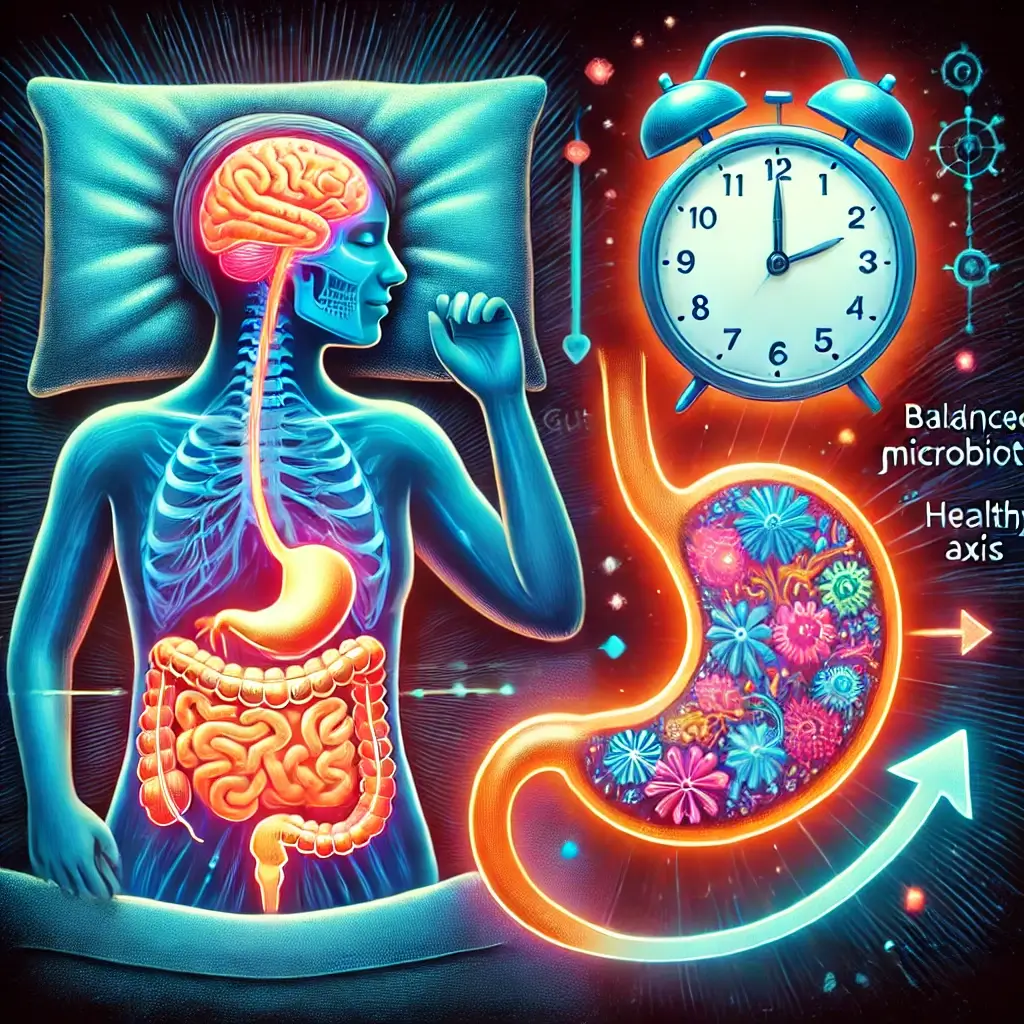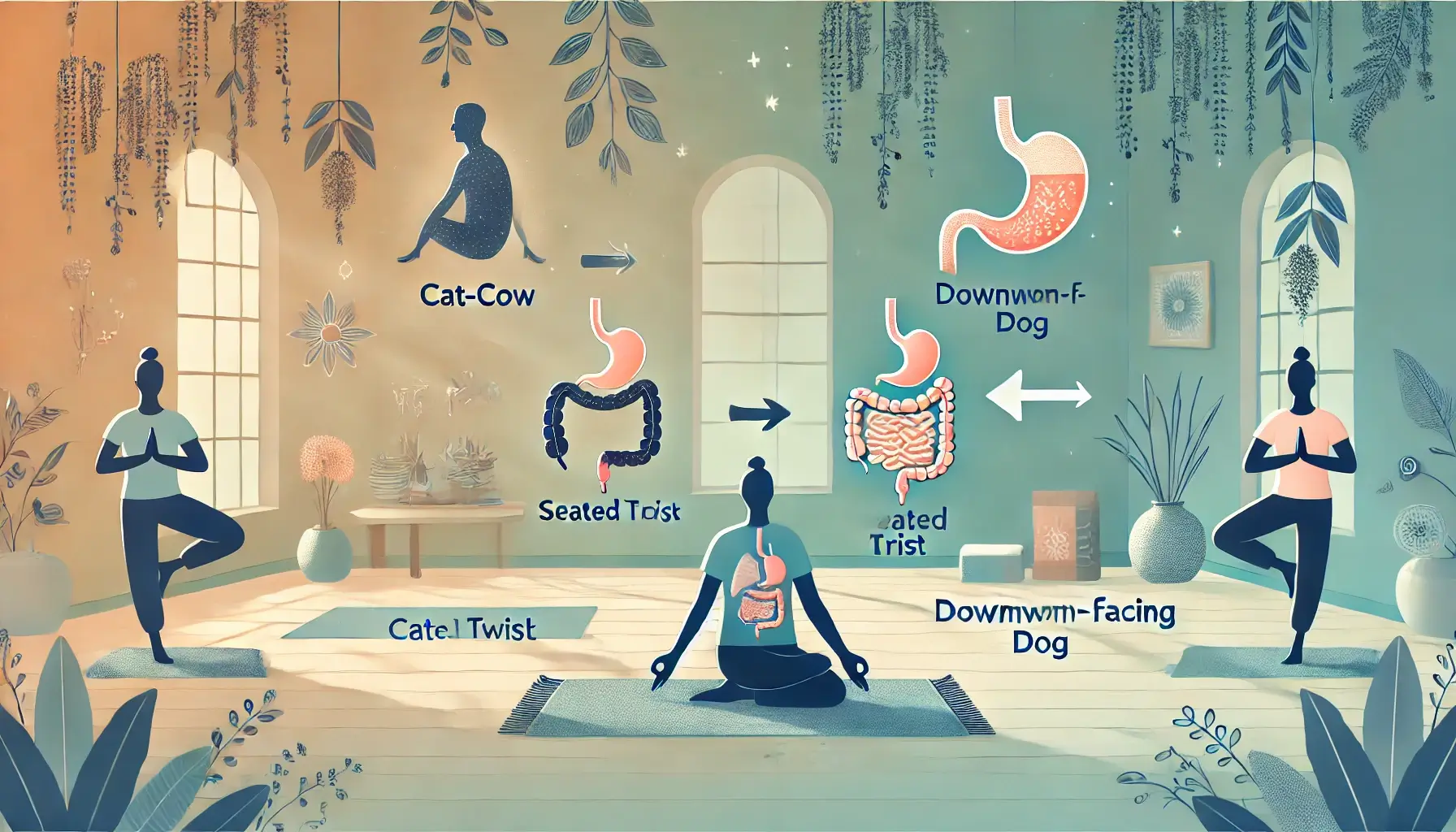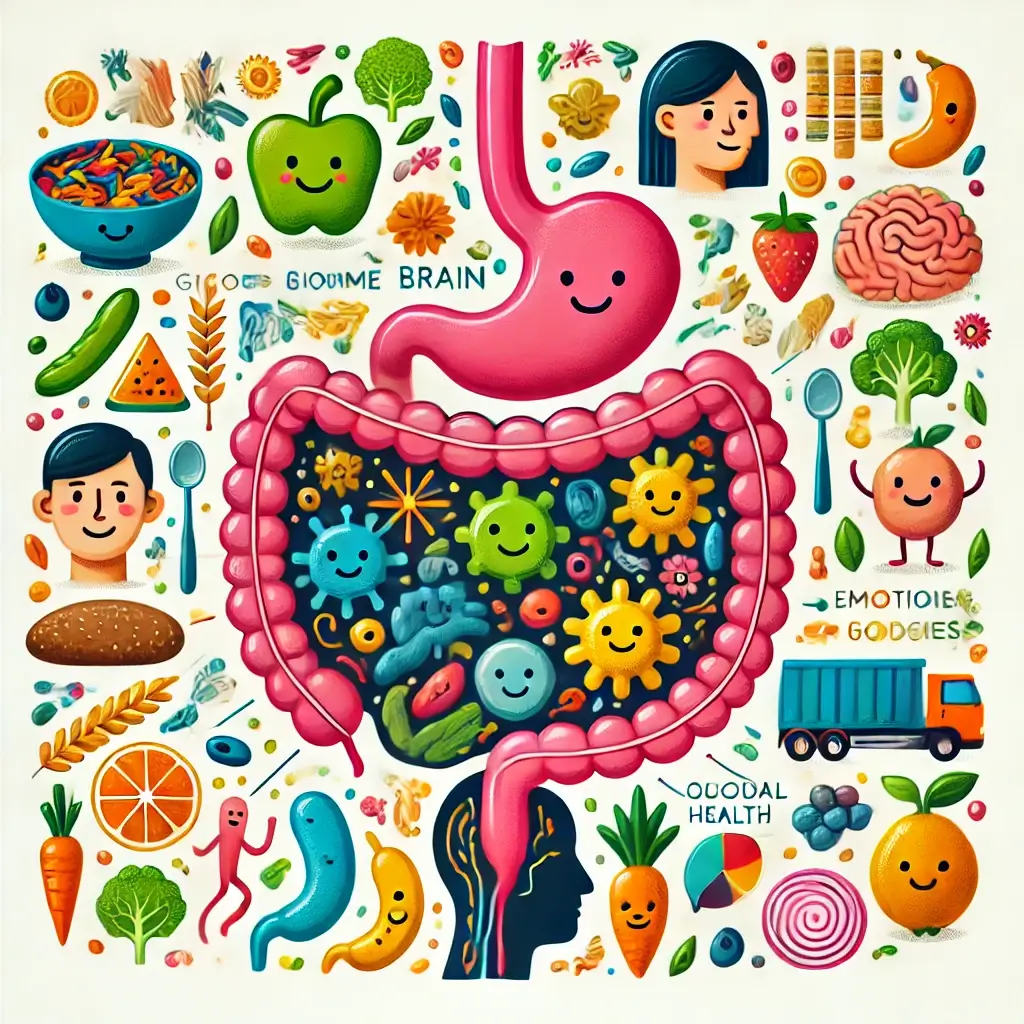The Sleep-Gut Connection: How Your Sleep Quality Shapes Digestive Health
The Foundation of Physical and Mental Health
Sleep is often celebrated for its role in mental rejuvenation, yet its profound impact on physical health, particularly digestive health, remains underappreciated. The gut, a cornerstone of overall well-being, depends on consistent, high-quality sleep to maintain its intricate systems. These include gut motility, microbiota balance, and the integrity of the gut barrier.
Understanding the Gut-Brain Connection
The connection between sleep and gut health is governed by the gut-brain axis, a complex communication system that links the central nervous system with the gut’s enteric nervous system. When sleep is disrupted, this delicate axis falters, leading to a cascade of health issues such as digestive disorders, heightened inflammation, and compromised immune function.
Modern Sleep Challenges
In today’s fast-paced world, sleep deprivation is a common issue, exacerbated by stress, poor sleep hygiene, and irregular schedules. This article explores the science-backed relationship between sleep and gut health, shedding light on how you can optimize your sleep to improve your digestive health.
The Science of Sleep and Gut Motility
Gut motility refers to the rhythmic contractions that move food through the digestive tract. Sleep plays a crucial role in regulating this process. A 2016 study published in Digestive Diseases and Sciences found that sleep deprivation disrupted normal gut motility patterns, slowing digestion and potentially leading to constipation and bloating.
Protecting the Gut Barrier
The gut barrier serves as a critical defense mechanism, preventing harmful bacteria and toxins from entering the bloodstream. Chronic sleep deprivation weakens this barrier, a phenomenon commonly referred to as “leaky gut.” Research published in Nature Communications in 2019 demonstrated that mice subjected to prolonged sleep disruption exhibited increased intestinal permeability, which contributed to systemic inflammation and other health issues.
The Importance of Microbiome Balance
The gut microbiome, consisting of trillions of bacteria, thrives on consistent sleep patterns. Sleep disturbances can lead to microbial imbalances, reducing the presence of beneficial bacteria and allowing harmful strains to proliferate. A 2018 study in Cell Reports highlighted that sleep deprivation in mice significantly altered microbiome composition, potentially impacting digestion, nutrient absorption, and immune responses.
Strategies for Better Sleep and Gut Health
Optimizing sleep is a powerful strategy for maintaining gut health. Incorporate the following habits into your routine for a healthier gut: Maintain a consistent sleep schedule, design a sleep-friendly environment, adopt relaxation techniques, limit blue light exposure, incorporate gut-friendly foods, and exercise regularly.
Future Developments in Sleep-Gut Research
The intersection of sleep and gut health has become a burgeoning field of study. Emerging trends include probiotic supplements for sleep, wearable sleep technology, and integrated gut-sleep therapies. Cognitive-behavioral therapy for insomnia (CBT-I) is being combined with dietary interventions to target gut health and sleep disturbances simultaneously.
The Path to Better Health
Restorative sleep is more than just a time for mental recovery—it is essential for maintaining gut health and overall well-being. By aligning your sleep habits with your body’s natural rhythms, you can enhance gut motility, strengthen the gut barrier, and foster a balanced microbiome. Remember, the pathway to a healthier gut starts with a good night’s sleep.
References
Chen, Z., Wang, Z., Zhou, W., Wang, Y., Liu, Y., & Li, L. (2019). Sleep deprivation weakens the gut barrier and increases gut permeability in mice. Nature Communications, 10(1), 1-11.
Depoorter, M. P., Masclee, A. A., & Brummelman, F. J. (2016). The gut-brain axis in health and disease: interactions between enteric microbiota, gut motility and central regulation. Digestive Diseases and Sciences, 61(8), 2035-2045.
Zhou, W., Chen, Z., Wang, Z., & Li, L. (2018). Sleep deprivation and gut microbiota: A bidirectional influence. Cell Reports, 23(4), 1100-1107.













